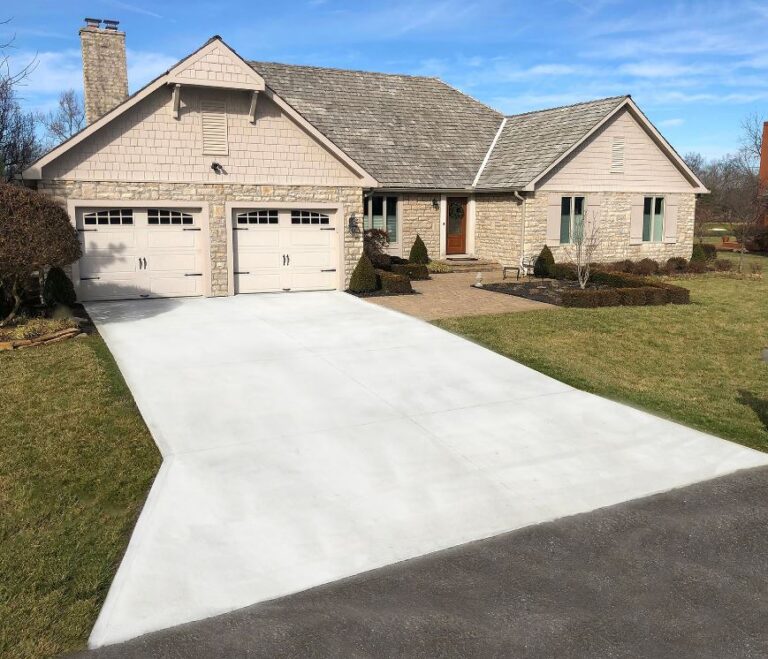Key Changes to Property Land Tax in Kitchener, Ontario, in 2025
Introduction
If you own property in Kitchener, Ontario, or are planning to buy or sell real estate in the area, staying informed about tax changes is crucial. Property taxes directly impact homeowners, investors, and businesses, affecting affordability and long-term financial planning.
In 2025, the City of Kitchener has introduced several key changes to its property land tax policies. These adjustments aim to address housing affordability, infrastructure development, and economic growth while ensuring a fair distribution of tax burdens.
In this article, we’ll break down the most important updates, how they affect you, and what you can do to prepare.
[ruby_related heading=”More Read” total=3 layout=1 offset=5]
1. Key Changes to Property Land Tax in Kitchener, Ontario, in 2025
Before diving into the 2025 changes, let’s quickly recap how property taxes work in Kitchener:
- Property Assessment: The Municipal Property Assessment Corporation (MPAC) determines property values, which influence tax calculations.
- Tax Rates: The City of Kitchener sets annual tax rates based on budgetary needs (municipal, education, and regional taxes).
- Payment Options: Homeowners can pay taxes in installments (typically due in March, May, August, and November).
Now, let’s explore the new changes taking effect in 2025.
2. Key Changes to Property Land Tax in 2025
A. Revised Property Assessment Values
One of the biggest shifts in 2025 is the updated property assessments by MPAC. Since the last assessment was delayed due to market volatility, 2025 brings a major reassessment reflecting current market conditions.
What This Means for You:
- Increased Assessments: With Kitchener’s real estate market remaining strong, many homeowners will see higher assessed values.
- Potential Tax Increases: If your property value has risen significantly, you may face a higher tax bill unless tax rates are adjusted downward to compensate.
Action Step:
Check your 2025 assessment notice (available on MPAC’s website) and compare it to previous years. If you believe your assessment is inaccurate, you can file a Request for Reconsideration (RfR).
B. New Municipal Tax Rate Adjustments
The City of Kitchener has approved a modest increase in the municipal tax rate for 2025, partly due to inflation and infrastructure investments.
Key Figures:
- Residential Tax Rate Increase: ~2.5% (varies by property class).
- Commercial/Industrial Properties: Slightly higher increases (around 3%) to support business growth initiatives.
Why the Increase?
- Infrastructure Upgrades: Funding for road repairs, public transit (ION expansion), and community facilities.
- Affordable Housing Programs: Part of the tax hike supports subsidized housing projects.
Action Step:
Use the City’s tax calculator (available on their website) to estimate your new tax bill based on the updated rates.
C. Introduction of a Vacant Home Tax (VHT)
Following Toronto’s lead, Kitchener has introduced a Vacant Home Tax (VHT) to discourage property hoarding and increase housing availability.
How It Works:
- 1% Tax on Vacant Properties: If a residential property is unoccupied for more than six months in a year, owners must pay an additional 1% of the property’s assessed value.
- Exemptions: Properties under renovation, probate, or with a valid rental exemption won’t be taxed.
Impact:
- Encourages Renting or Selling: Owners may choose to rent out vacant units rather than pay the tax.
- Potential Revenue for Affordable Housing: Funds collected will support local housing initiatives.
Action Step:
If you own a secondary property, ensure you declare its occupancy status by the annual deadline (expected in early 2025) to avoid penalties.
D. Expanded Rebates for Seniors and Low-Income Households
To ease the burden on vulnerable groups, Kitchener has enhanced tax relief programs:
New & Expanded Rebates:
- Senior Homeowner Grant: Increased from 500to∗∗500to∗∗650** for eligible seniors (65+).
- Low-Income Relief: Expanded eligibility criteria to include more households.
- Disability Tax Credit: Additional deductions for homeowners with disabilities.
Action Step:
Check if you qualify for rebates by visiting the City of Kitchener’s tax support page or contacting their customer service.
E. Shift Toward Land-Value Taxation (LVT) Pilot
Kitchener is experimenting with a Land-Value Tax (LVT) pilot program in select neighborhoods. Unlike traditional property taxes (based on building + land value), LVT focuses only on land value, encouraging efficient land use.
Potential Benefits:
- Encourages Development: Owners of underutilized land may develop or sell rather than pay high taxes.
- Could Lower Taxes for Some: Homeowners with modest homes on small lots might see reduced taxes.
Action Step:
If your neighborhood is part of the pilot, expect a separate notice explaining how your taxes will be calculated.
3. How These Changes Affect Different Groups
Homeowners:
- Higher assessments + rate increases = likely higher taxes.
- Rebates can help offset costs for eligible individuals.
Investors & Landlords:
- Vacant Home Tax may push owners to rent out properties.
- Commercial tax hikes could impact rental business profitability.
First-Time Buyers:
- Higher taxes may affect affordability, but rebates help.
- Vacant Home Tax could free up more housing inventory.
Seniors & Fixed-Income Residents:
- Enhanced rebates provide financial relief.
4. What You Can Do to Manage Your Property Taxes
A. Appeal Your Assessment if Overvalued
- File a Request for Reconsideration (RfR) with MPAC if your assessment seems unfair.
B. Apply for Rebates & Deferrals
- Check eligibility for senior, low-income, or disability tax relief programs.
C. Optimize Property Use to Avoid VHT
- Rent out vacant units or apply for exemptions if renovating.
D. Stay Informed
- Follow City of Kitchener updates and subscribe to tax notices.
5. Final Thoughts
The 2025 property tax changes in Kitchener reflect broader trends in housing policy, infrastructure needs, and economic shifts. While some homeowners may face higher bills, new rebates and exemptions aim to balance the impact.
Staying proactive—reviewing assessments, applying for relief programs, and understanding new taxes like the VHT—can help you navigate these changes effectively.






